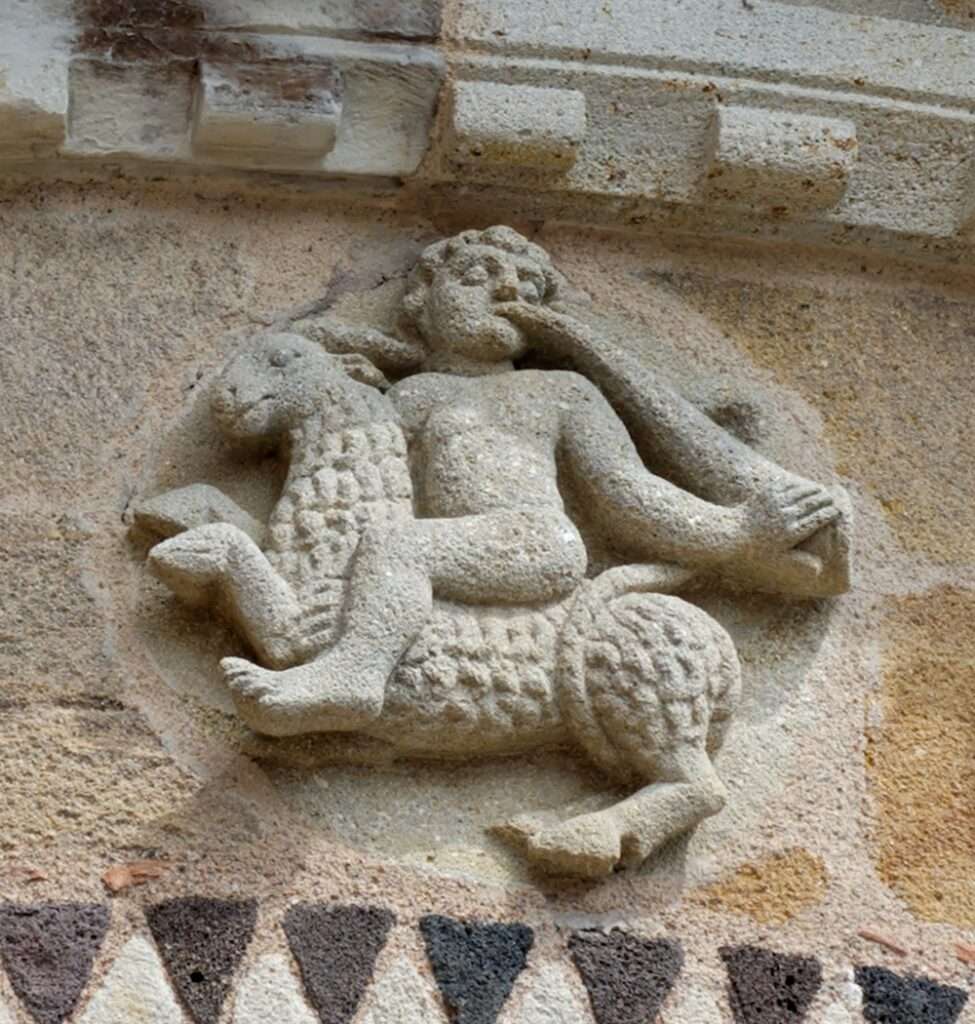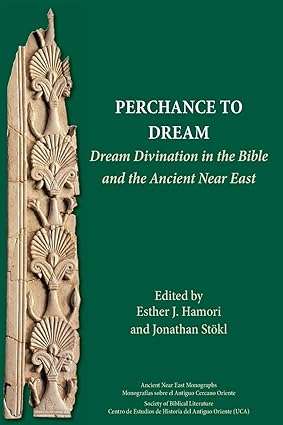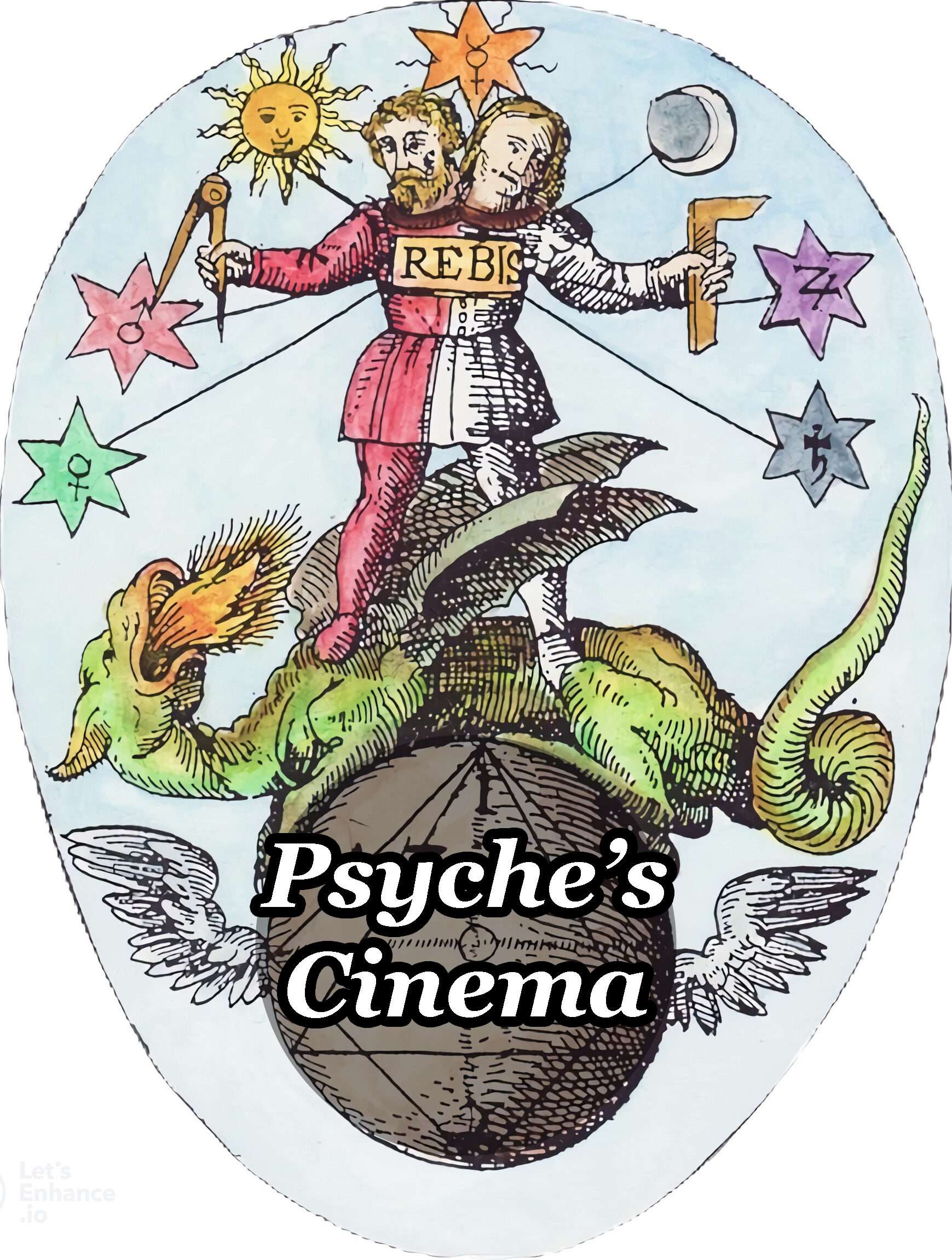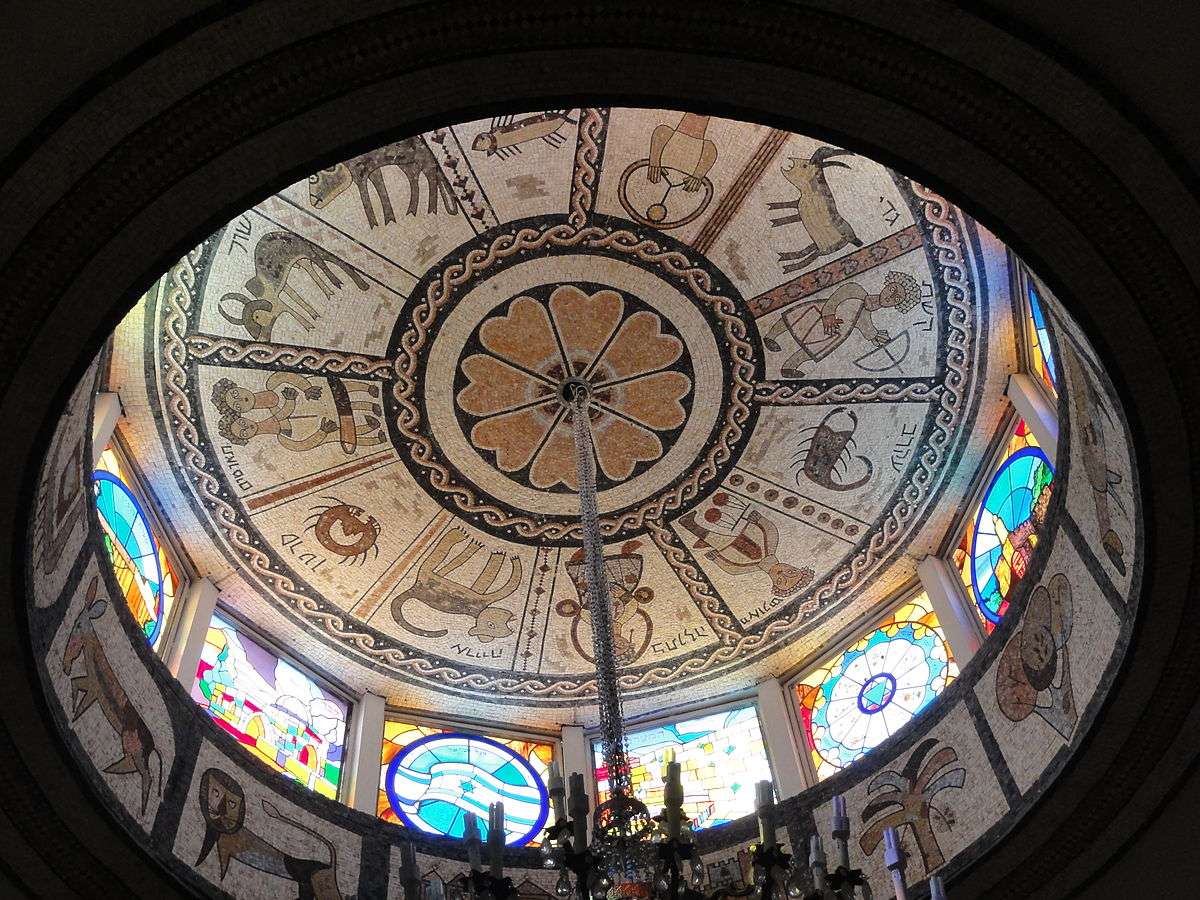I continue to attend Mass at a nearby Catholic community. I’m surprised to see how the ritual itself works on me from week to week. Most weeks I’m also grateful to recognize depth psychological themes in the readings. The preaching of priests and laity is lovely but almost every week I’m struck by how differently I can interpret the scriptures. Yesterday was no exception. It was the Feast of the Epiphany. The three wise men (also known as astrologers or magi) follow a star to Bethlehem. Their studies tell them that the new King of the Jews will be born under that star. On their way they stop and see King Herod who is “greatly troubled” to hear this news. The magi find the star and Jesus in the manger. They bring gifts and then, because of a dream, they avoid seeing King Herod and take another way home.
So many lovely symbols and themes! Our lay preacher offered a beautiful meditation on following our own star (callings), and offering our unique gifts to the world.
Depth psychology brings forward additional thoughts in me on – dreams stars religion.
King Herod reminds me of my ego complex, threatened by the divine child in my psyche. This child could be any new beginning, a change, a movement toward surrender and love. In the Bible story, Herod is mobilizing to kill this innocence. I feel this struggle in my own inner life all the time. Habitual parts of my Ego want to keep power and kill off new approaches, even if (especially if?) they represent growth and renewal.
I think also of dreams and astrology. Growing up Catholic I was taught to fear astrology as being associated with the Devil. I also inherited the cultural bias against it as “unscientific superstition.” Whether or not we “believe” in astrology, there can be no doubt that it is a profound system of symbolism. We moderns desperately need to enhance our abilities in mythic thinking. To speak the language of God (the Unconsious, the Matrix of the Unseen World) we need to become skilled in symbols. The story of the Epiphany reminds me of the power of this ancient system. Professor Kocku von Stuckrad (University of Erfurt, Department of Religious Studies) has studied ancient Jewish and Christian texts that feature astrology. Von Stuckrad confirms: despite later generations denying this truth – early Christians and centuries of Jewish thought held astrology in great esteem. Religious elders argued and fought over what to make of their studies but star-knowledge was an important guide in life. He says:
In late antiquity it was never disputed that the heavenly realms mirror — in a secret or obvious way — mundane events. This notion was so common that it is difficult to find a document which does not make use of it. It is visible in the stoic concept of sympathy and heimarmenê as well as in the Platonists’ description of the world as a living creature with every part connected to one another or to its transcendent idea. In Roman Egypt Platonism was molded with older priestly traditions and brought forth the esoteric doctrines of the Corpus Hermeticum. -Kocku von Stuckrad
JEWISH AND CHRISTIAN ASTROLOGY IN LATE ANTIQUITY – A NEW APPROACH

My own faith is enhanced by studying these great symbolic systems of history. They help me avoid literalism and decipher the messages of dreams and synchronicities.
Many Catholics I meet don’t value or even accept the wisdom of dreams. This is a terrible loss. The story of the Magi reminds me to challenge this bias. Carl Jung helped explain how dreams relate to our individual psychology and those of the collective. Transpersonal psychology continually demonstrates the healing power of dreams. And of course, both the Old and New Testament have many stories of dreams and often feature dreams as central events, guiding the hero.

(Purchasing books through links (below and throughout this site) helps support Psyches Cinema films!)
Perchance to Dream Dream Divination in the BibleThe essays in this book, written by scholars specializing in different regions and bodies of literature, shed light on dream divination in the Bible, the Talmud, and in writings from Canaan, Mesopotamia, and Hittite Anatolia.
Bible as DreamRecognized as a winner in the Applied Category of the American Board & Academy of Psychoanalysis’ 2019 Book Awards. In The Bible as Dream, Murray Stein shares important themes and images in the biblical narrative that from a psychological perspective, stand out as essential features of the meaning of the Bible for the modern reader.
More books on Jungian dream interpretationThe Magi come to Bethlehem
When Jesus was born in Bethlehem of Judea,
Matthew 2:1-12
in the days of King Herod,
behold, magi from the east arrived in Jerusalem, saying,
“Where is the newborn king of the Jews?
We saw his star at its rising
and have come to do him homage.”
When King Herod heard this,
he was greatly troubled,
and all Jerusalem with him.
Assembling all the chief priests and the scribes of the people,
He inquired of them where the Christ was to be born.
They said to him, “In Bethlehem of Judea,
for thus it has been written through the prophet:
And you, Bethlehem, land of Judah,
are by no means least among the rulers of Judah;
since from you shall come a ruler,
who is to shepherd my people Israel.”
Then Herod called the magi secretly
and ascertained from them the time of the star’s appearance.
He sent them to Bethlehem and said,
“Go and search diligently for the child.
When you have found him, bring me word,
that I too may go and do him homage.”
After their audience with the king they set out.
And behold, the star that they had seen at its rising preceded them,
until it came and stopped over the place where the child was.
They were overjoyed at seeing the star,
and on entering the house
they saw the child with Mary his mother.
They prostrated themselves and did him homage.
Then they opened their treasures
and offered him gifts of gold, frankincense, and myrrh.
And having been warned in a dream not to return to Herod,
they departed for their country by another way.
To practice more symbolic thinking (and enjoy some comedy) watch Laura’s films here!

